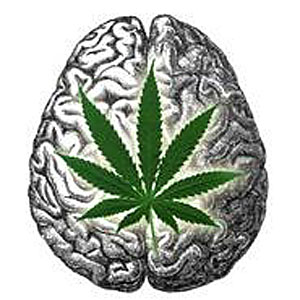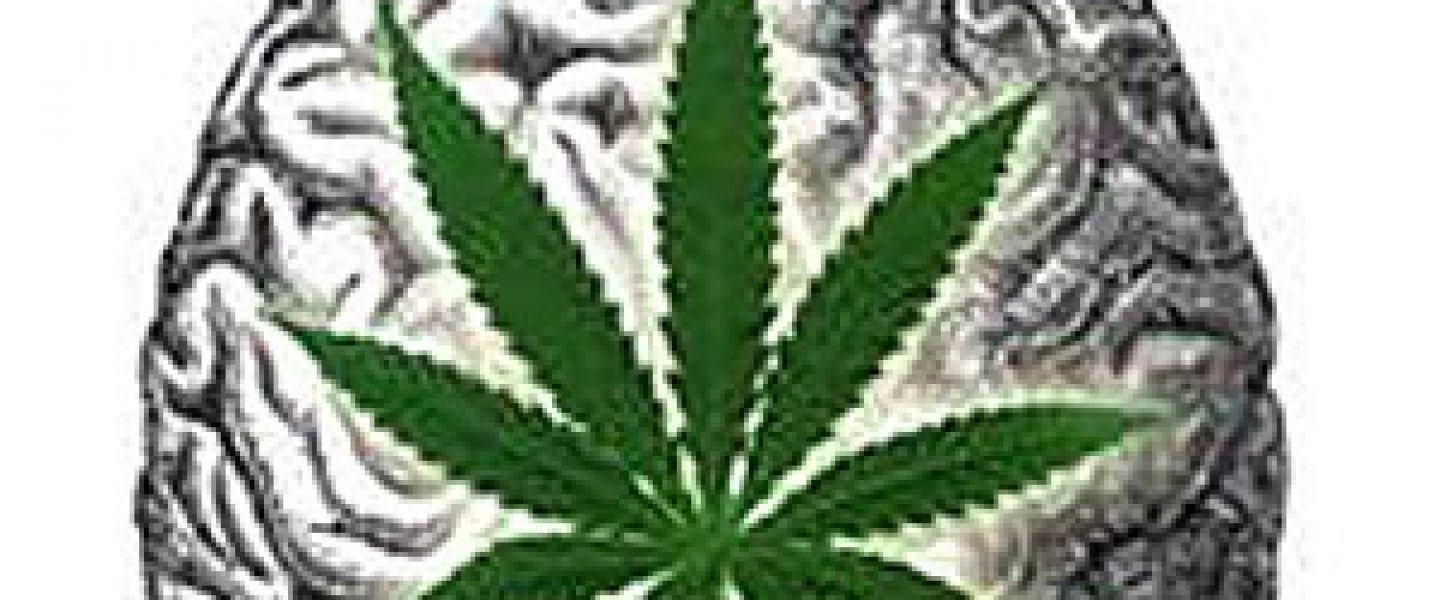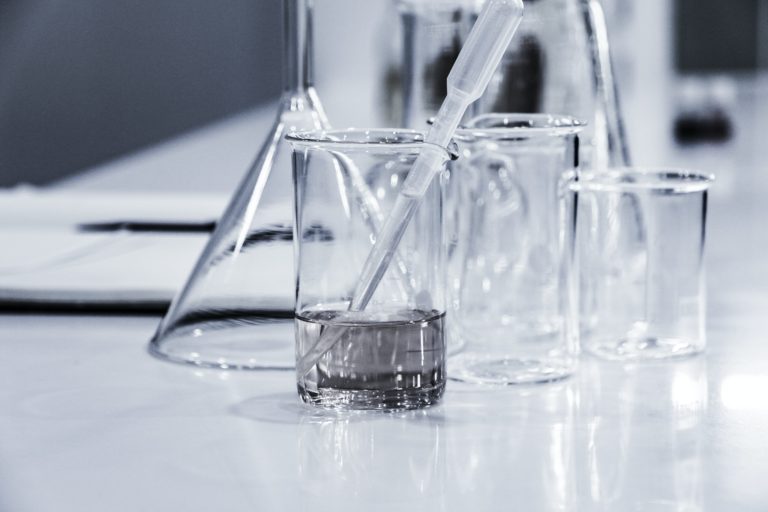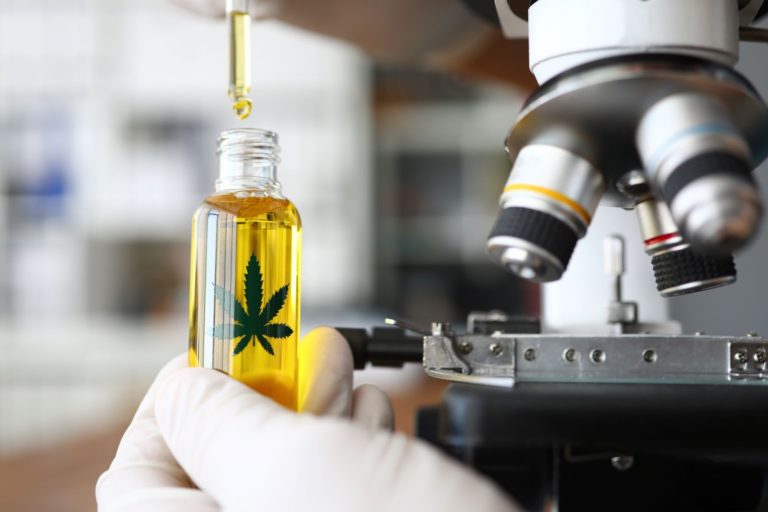 One of my biggest pet peeves is when non-marijuana consumers assume that I am less intelligent than they are, simply because I consume marijuana and they don’t. It’s a stereotype that I have dealt with for more than half of my life. Do readers have to deal with this as often as I do? For what it’s worth to readers, I graduated from college, and was selected as ‘student of the year’ for my program, and I smoked marijuana everyday. Below is an article that deals with this very issue, and the debate over whether marijuana gets in the way of success in college:
One of my biggest pet peeves is when non-marijuana consumers assume that I am less intelligent than they are, simply because I consume marijuana and they don’t. It’s a stereotype that I have dealt with for more than half of my life. Do readers have to deal with this as often as I do? For what it’s worth to readers, I graduated from college, and was selected as ‘student of the year’ for my program, and I smoked marijuana everyday. Below is an article that deals with this very issue, and the debate over whether marijuana gets in the way of success in college:
By Amanda Reiman, Drug Policy Alliance
A recent article in USA Today about a report by the University of Maryland School of Public Health claims that marijuana use is the cause of academic downfall, including making students less likely to complete college and increasing the likelihood of unemployment after graduation.
However, a closer look at the actual study reveals a more complicated picture than USA Today would have you believe.
The USA Today article lacks face validity. Even from the title, “Study: Marijuana use increases risk of academic problems,” the public is going to be skeptical. After all, we know that our last three presidents used marijuana, as have Steve Jobs, Carl Sagan and a host of others that we don’t buy as having “academic problems.”
Alcohol use has been mysteriously omitted from the USA Today article about the study. When looking at the original report, it can be seen that alcohol use is occurring at a higher rate than marijuana use (95% of fourth year college students have had a drink compared to 63% who have tried marijuana).
Furthermore, outcomes such as discontinued college education and the inability to find a job after college could very well have more to do with the illicit nature of marijuana and the collateral sanctions associated with its use, then the impact of the psychoactive properties of marijuana.
Requirements regarding the disclosure of a felony conviction to obtain employment are another barrier that has little to do with the psychoactive effects of marijuana.
In the actual report, the conclusions are more nuanced than those in USA Today. The authors of the study conclude that it is “excessive” drinking and substance use that put kids at risk for poor academic performance. The authors report that these issues often begin in high school and could be related to mental health issues.
The real take home messages from this study? First, adolescents who are drinking and/or using substances (including prescription drugs) excessively while in high school should be paid attention. They could be self-medicating for an undiagnosed mental health issue, or having a tough time socially or academically.
Secondly, using alcohol and marijuana seem to be a normative part of the college experience since they are so common, but, for some students, they can be part of a chain reaction that includes lower academic performance and adjustment. Services should be freely available to students who are struggling.
Finally, although not explicitly mentioned, policies that interrupt and prevent access to education because of substance use should be reconsidered. The report authors state that the more engaged the student is with their academic activities, the less likely they are to use alcohol and other substances excessively.
Is denying access to education and employment a way to make young people more engaged? Not likely.
In addition to providing services for students who find themselves using alcohol and/or other substances excessively, college campuses should actively speak out against the collateral sanctions of substance use that are standing in the way of educational obtainment.
Source: Drug Policy Alliance – make a donation








